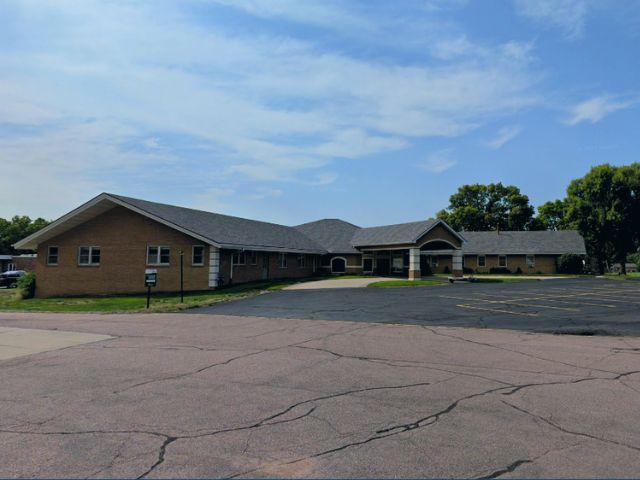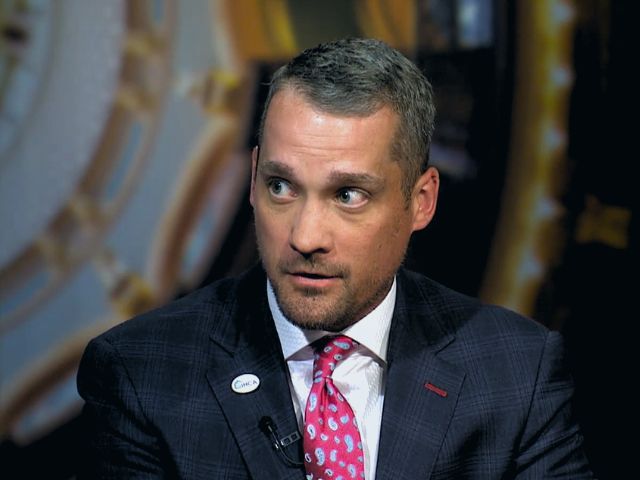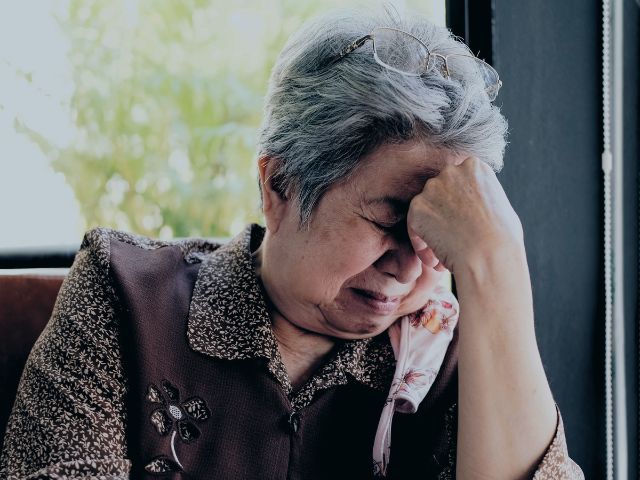Industry News | Inside Scoop Virtual Nursing isn’t New — So Why Does it Feel That Way? Virtual nursing and telemedicine aren’t new concepts. They date back to the 1960s and have related uses in NASA. However, the COVID-19 pandemic brought the concept of virtual...
26 Iowa Nursing Home Closures Due to Nursing Shortage
In the past year over two dozen nursing homes have closed in the state of Iowa, resulting in over 700 layoffs.
Multiple patient deaths due to negligence and understaffing have been reported in closing nursing homes.
Studies have shown that nursing homes owned by private equity firms have a mortality rate increase of 10%.

Marcus L. Kearns
Nursing CE Central
Since June 2022, there have been 26 nursing home closures in the state of Iowa with the most recent being Countryside Healthcare Center, Valley View Community Home, and Pocahontas Manor. The closures are being attributed to the national nursing shortage.
This wave of closures can be compared to 2021 where only one Iowan nursing home closed with 34 employees laid off to now where that number has risen above 700 layoffs. Some attribute these closures to the recent trend of private equity firms buying out local nursing homes and allegedly slashing their operating costs in search of profit.

Cause of Closures
Brent Willett, president and CEO of the Iowa Health Care Association, claims that the nursing home closures “predominantly relate to the availability of qualified workforce” with 40% of Iowa nursing homes currently understaffed, double the national average.
In response, Iowa’s governor approved a moratorium on licensing any new nursing homes. This means, except for specialized cases, no new nursing homes will be constructed in the next year. This ban may be extended for up to three years if things do not improve.
The Biden administration has also proposed a minimum staffing ratio to try and ensure that nursing homes are operating with a safe number of staff, as nurse availability is considered the most important determinant of quality care in nursing homes.
Willet’s opposition to Biden’s proposed minimum staffing legislation is rooted in his belief that “every single nursing home in Iowa would hire more staff if that staff were available.” However, he also cited concern about raising workers’ wages from the state average of $16 compared to the national average of $21.13. This concern comes from the many residents who use Medicaid and Medicare to pay for their nursing home care.
According to the National Investment Center for Seniors Housing & Care, Medicare pays $592 per patient per day, with Medicaid paying $269 per patient per day. However, if a nursing home can bring daily costs below these rates, they can keep the difference as profit. This may lead to a misappropriation of budget priorities as there is financial incentive to operate at minimum cost.
58% of nursing homes in Iowa are for-profit and increasingly owned by private equity firms. In 2005 less than 1% of nursing homes were owned by private equity firms with the number increasing to 11% by 2021.

Profits Over Patients
Private equity firms accumulate large sums of cash from groups of investors. This cash is then used to purchase businesses and later resell them to the profit of the investors. Simply put, investment firms function like house flippers by buying struggling businesses and attempting to turn them around.
Often the money from the private equity firm is only used for the initial purchase of the business. The private equity firm then takes out debt in the business’s name in order to finance the internal organization and other changes needed to eventually turn a profit. This process also involves dramatically decreasing costs, even to the detriment of the business itself. Layoffs are often utilized and when done in nursing homes, the consequences can be deadly.
CountrysideHealth Care Center, an Iowan nursing home, is owned by an out of state real company and has amassed over $90,000 in regulation fines in the past three years.
In January of this year, Countryside was cited for failing to provide adequate supervision to a female resident who was found unresponsive on the floor in her room. She died in the ambulance en route to the hospital. Similar reports continue with two other residents being found unresponsive and passing away just a few days later.
When I see the type of tragic lapses that occurred …it raises serious questions with respect to whether these hospitals have the right resources or if they are being loaded with overwhelming amounts of debt to the point where they are forced to shift money away from patient care. – Sen. Chuck Grassley
Examples of Negligence
Another company, Care Initiatives which is responsible for the care of up to 2,800 elderly Iowans had six separate nursing homes fined for 45 unique complaints of negligent abuse. At Ravenwood Specialty Care the inspectors found that an entire wing of the dementia unit was left unstaffed.
The inspector then witnessed a resident rummage through the trash connected to an unlocked medication cart. When a nurse was found and informed by the inspector she was overcome with tears, explaining that she was doing her best while attempting to work both wings of the dementia unit alone.
These tragic reports are part of a disturbing pattern of what happens in many nursing homes that have been bought by private equity firms. Atul Gupta, a research fellow and faculty member at the University of Pennsylvania, stated that “for Medicare patients who account for about 60% of all patients that pass through nursing homes, short term mortality within 90 days of discharge from the nursing home goes up by about 10%.”
Residents at private equity-owned facilities are 8.7% more likely to be hospitalized, resulting in over $1000 in annual costs per patient compared to for-profit nursing homes without private equity ownership. These patient outcomes are not sustainable, nor are the staffing conditions which are known to drive nurses away from direct patient care.

The Bottom Line
Supporters of private equity argue that their presence in healthcare can increase net income and eventually improve patient outcomes by boosting innovation. This begs the question of how many long-term care patients in nursing homes are expected to die for the cost margins of private investors in the name of their future innovations?
Only time will tell if Iowa’s moratorium law staunches the wave of nursing home closures across the state or if the federal administration will have to step in. One thing is for certain, more geriatric nurses are needed in long-term care facilities to care for our country’s elderly population.
Love what you read?
Share our insider knowledge and tips!
Read More

5 Ways Universities Can Alleviate the Nursing Education Shortage
Advancing Your Career | Hospitals | Industry News | Leadership 5 Ways Universities Can Alleviate the Nursing Education Shortage The American Association of Colleges of Nursing reported the beginning of a nursing education shortage, finding in a recent study that the...

Nursing Students Tapped to Help Address Maternal Mortality
Industry News Nursing Students Tapped to Help Address Maternal Mortality The U.S. maternal mortality rate in 2021 was nearly 33 deaths per 100,000 live births, according to the Centers for Disease Control and Prevention. Sixteen universities nationwide have received...


